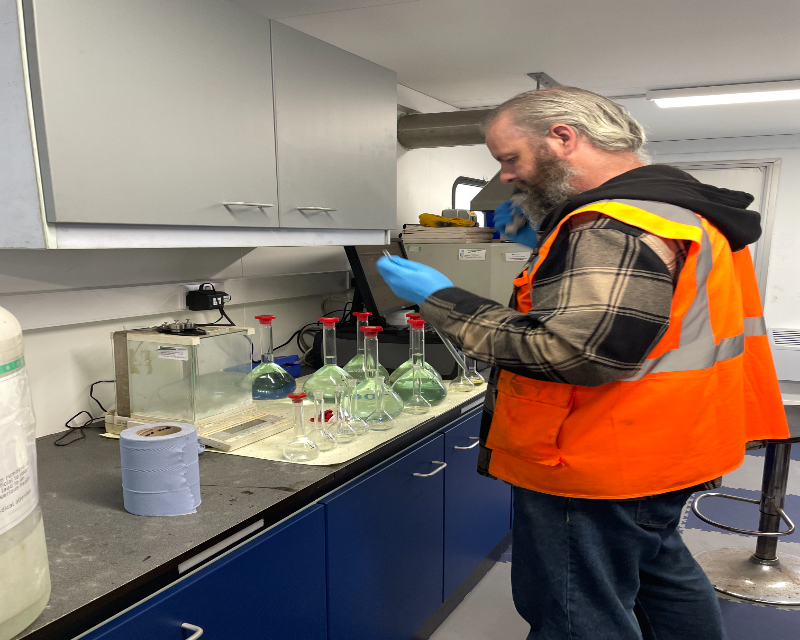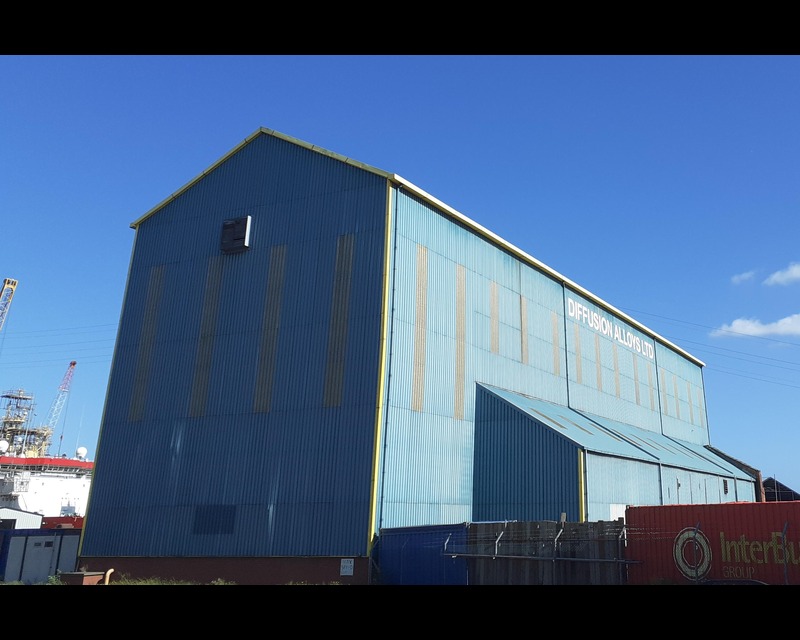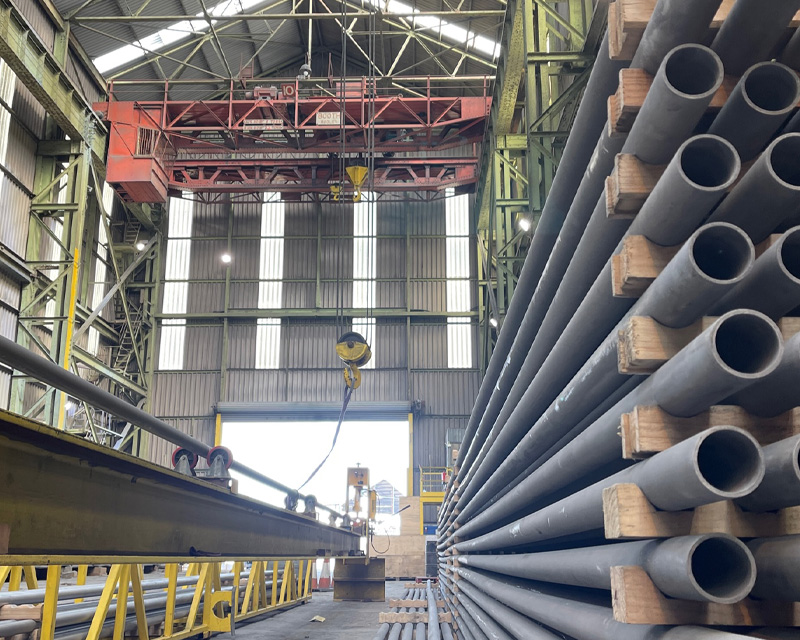
Aluminizing Across Industries
1. Aluminizing for Industrial Applications:
Oil and Gas: Aluminizing protects pipelines and tubes from corrosive substances, extending their lifespan in harsh environments.
Construction: Structural components like beams benefit by resisting corrosion in marine and industrial settings, reducing maintenance costs.
2. Aluminizing for Industrial Equipment:
Heat Exchangers: Enhanced thermal efficiency and corrosion resistance improve performance in heat transfer applications.
Furnace Components: Aluminizing trays and linings maintains integrity under high temperatures, crucial for industrial processes.
3. Aluminizing for Aerospace and Defence:
Aircraft Parts: Aluminizing enhances durability and reduces weight in components exposed to high temperatures and oxidative environments.
Missile Components: Provides thermal barriers for parts during re-entry or in space, ensuring reliability.
4. Aluminizing for Electronics:
Heat Sinks: Improves thermal conductivity, enhancing performance and longevity of electronic devices.
EMI Shielding: Protects sensitive electronics from electromagnetic interference, critical for reliability.
5. Aluminizing for the Energy Industry:
Solar Panels and Wind Turbines: Protects against corrosion in harsh weather, improving efficiency and longevity.
6. Aluminizing for Chemical Processing:
Reactors and Vessels: Resists corrosive substances, increasing reliability in chemical plants.
7. Aluminizing for Marine Applications:
Ship Hulls and Offshore Platforms: Protects against seawater corrosion, extending service life and reducing maintenance.
8. Aluminizing for Agriculture:
Irrigation Systems and Farm Machinery: Resists rust and corrosion from water and chemicals, improving durability.
9. Aluminizing for Food Processing Equipment:
Conveyor Systems and Tanks: Prevents corrosion, ensuring food safety and equipment longevity.
10. Aluminizing for HVAC Systems:
Ductwork and Heat Exchangers: Improves efficiency and lifespan by enhancing resistance to corrosion.
11. Aluminizing for Transportation Infrastructure:
Bridges and Rail Tracks: Protects structural components from environmental exposure, reducing maintenance costs.
12. Aluminizing for Telecommunications:
Transmission Towers and Antenna Systems: Enhances resistance to corrosion, ensuring reliable performance.
How Diffusion Alloys Can Help
Diffusion Alloys specialises in providing superior aluminizing services with several key advantages:
- Advanced Technology: Utilises state-of-the-art techniques for optimal protection and performance.
- Custom Solutions: Tailors services to meet specific industry and application requirements.
- Enhanced Durability: Extends product lifespan with superior resistance to corrosion, high temperatures, and wear.
- Cost-Effectiveness: Reduces maintenance and replacement costs, offering a practical solution for asset protection.
- Quality Assurance: Adheres to stringent quality control standards to ensure high product standards.
- Expertise and Experience: Years of industry experience ensure your products receive the best possible treatment.
Aluminizing is a versatile process that significantly enhances the performance, durability, and efficiency of products across various sectors. From improving structural integrity in aerospace to extending the lifespan of industrial equipment, aluminizing plays a crucial role in modern industries. Choosing Diffusion Alloys ensures that you receive high-quality aluminizing services tailored to your specific needs, backed by advanced technology and extensive expertise.




 D
D